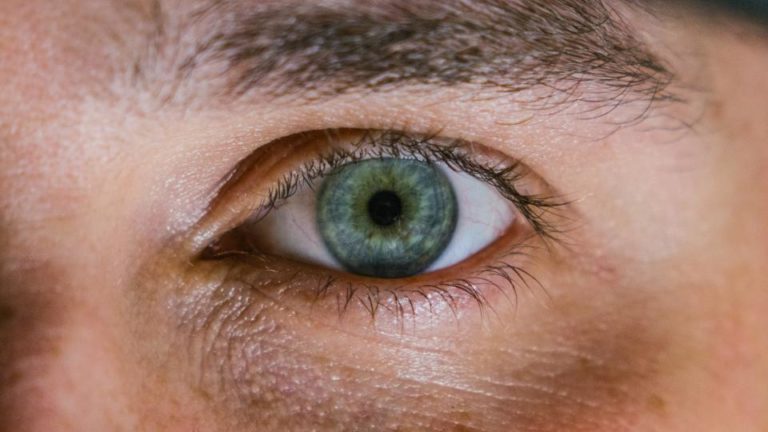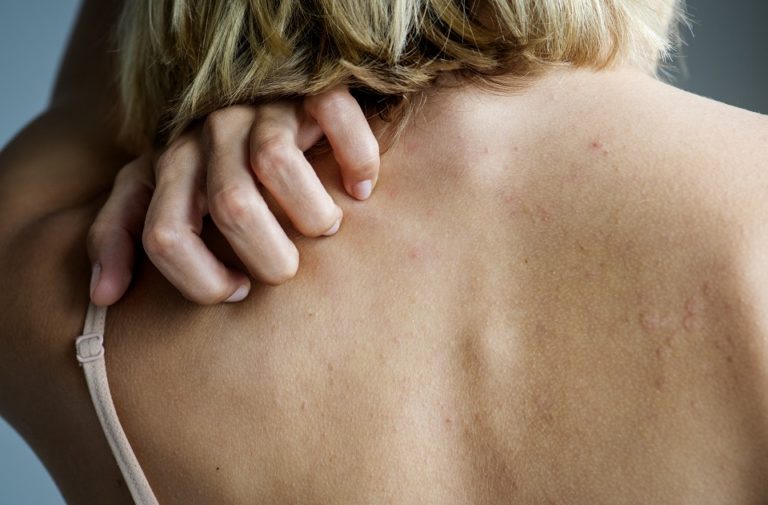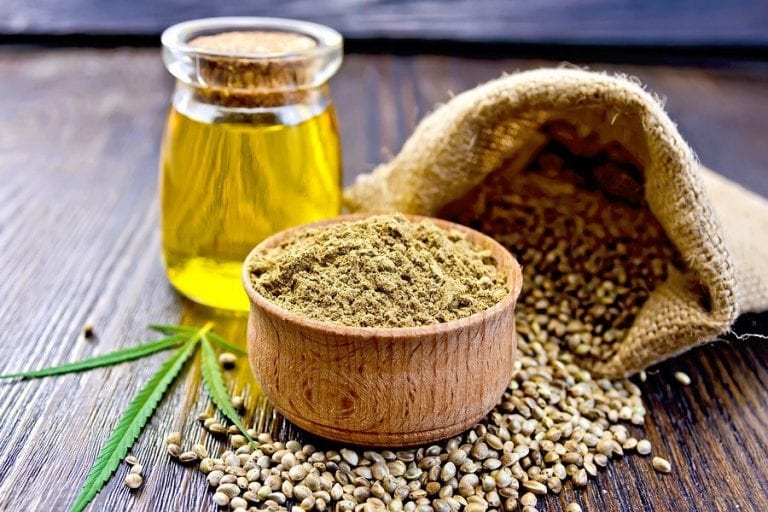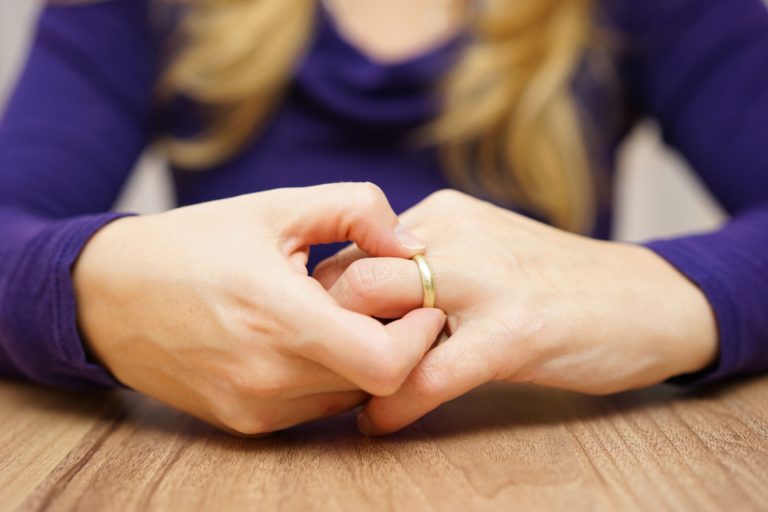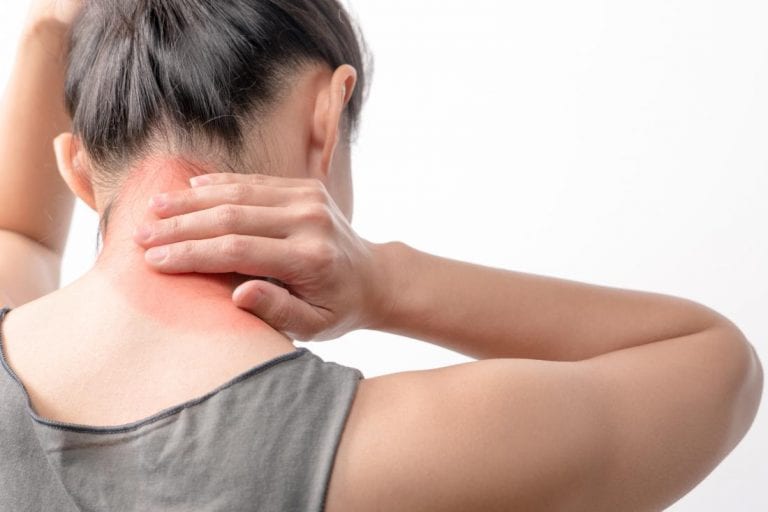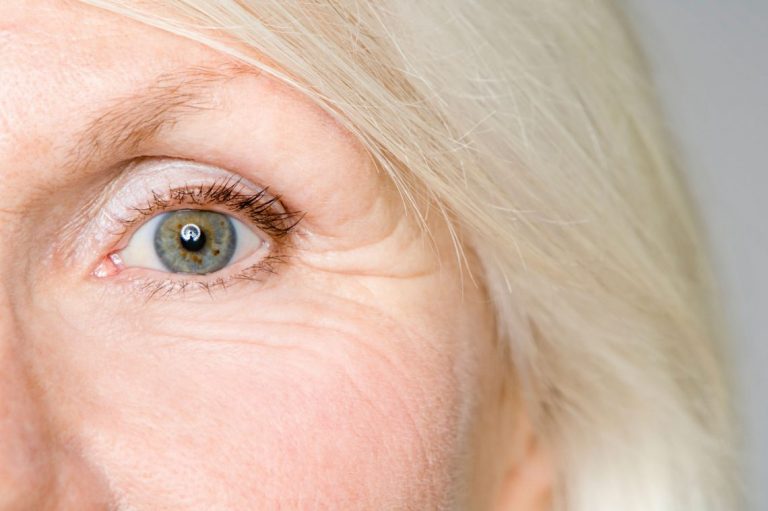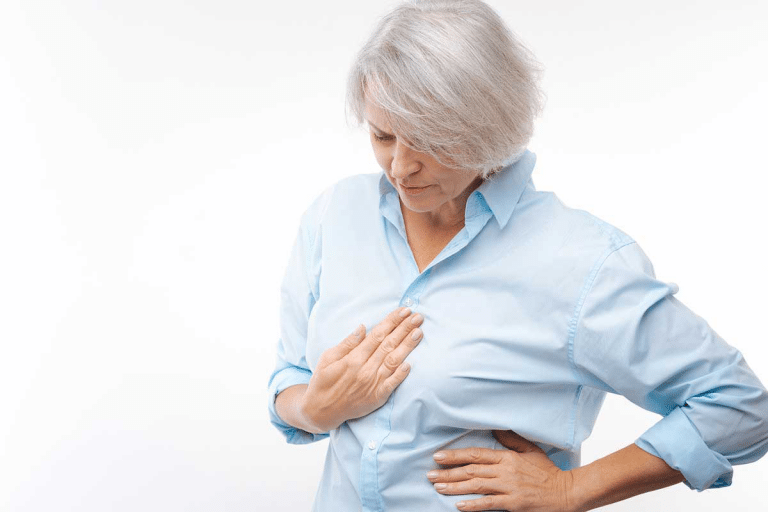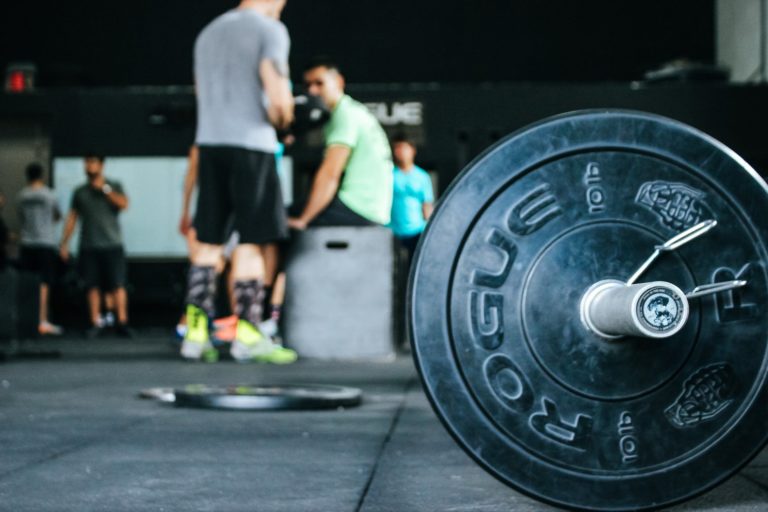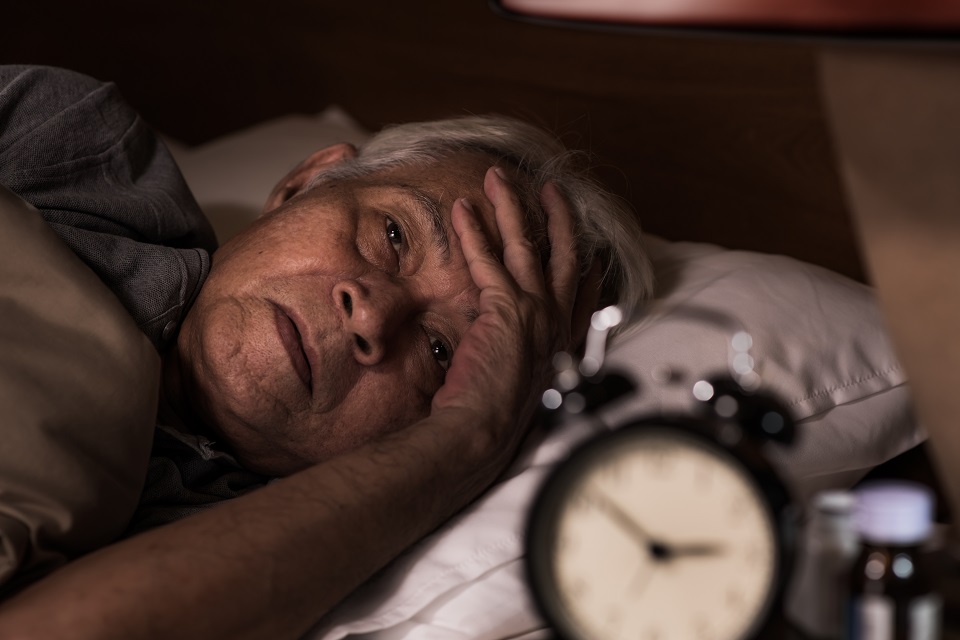
Early liver disease symptoms and signs usually don’t occur. Symptoms of liver disease don’t often appear until the later stages of most liver conditions, and, by then the liver may have suffered serious or permanent damage. You can’t live without a functioning liver. Once liver failure happens, there’s only one option for survival – a liver transplant.
That’s why it’s important to recognize liver disease symptoms and signs as early as possible. For example, liver function tests are among the most helpful diagnostic tools doctors use to identify early liver disease symptoms. Unfortunately, since most patients don’t often realize they have a problem, they don’t talk to their doctor about getting them.
We strongly recommend you to talk to your doctor if you think that something is wrong.
However, when liver disease symptoms and signs do begin to appear, they might include:
- irregular sleep
- low or fluctuating energy levels
- losing weight becomes even more difficult than usual, even though you eat healthier and exercise
- yellowish skin
- eczema
- psoriasis
- itchiness
- frequent headaches
- digestive issues such as stomach bloating and gas
- heartburn
Recognizing early liver disease symptoms and signs early is critical to successful treatment. The further a liver disease progresses, the more dangerous it becomes. But, as the saying goes, “an ounce of prevention is worth a pound of cure”, so it’s important to know the things you can or cannot do in order to outsmart this disease.
- Drink alcohol in moderation
- Avoid risky behavior
- Get vaccinated
- Use medications wisely
- Avoid contact with other people’s blood and body fluids
- Take care with aerosol sprays
- Protect your skin
- Maintain a healthy weight
Important: Seek immediate medical attention if you have severe abdominal pain!



